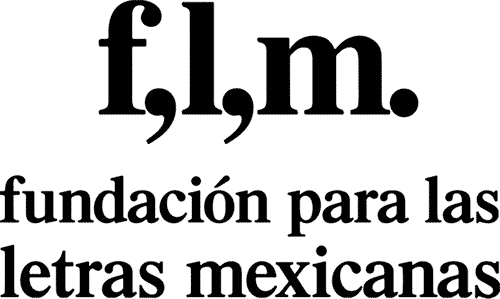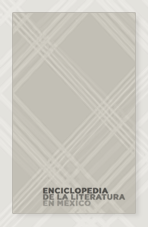In Klail City, Texas, Mexicans and Anglos share an aneasy coexistence.
Don Aureliano Mora waits three years for justice after his son, a World War II veteran, is murdered by a Belken County Deputy Sheriff. When the Anglo gets away with murder, Don Aureliano takes matters—in the shape of a crowbar—into his own hands, pulverizing the plaque in old Klail City Park that honors the town’s World War II vets.
The younger generation has to fight for equality, too. The Texas Mexican boys playing high school football in Klail City don’t get letter jackets, even though all of their Anglo peers do. And when the Mexican boys aren’t interested in hustling for the ball the following year, the school board comes up with enough money for all the eligible players to get letter jackets. In the end it doesn’t really matter; several of the Mexican boys die in the Korean War. But life goes on in Klail City. The rains come and go, crops are raised and people are buried.
This is the first bilingual edition ever available of this important novel. Originally published in Cuba in the 70s, the Spanish edition won the esteemed Casa de las Américas Prize in 1976. The English-language version was published by Arte Público in 1987. Frequently compared to William Faulkner and Gabriel García Márquez, Rolando Hinojosa is required reading for anyone interested in life along the Texas-Mexico border in the twentieth century.




